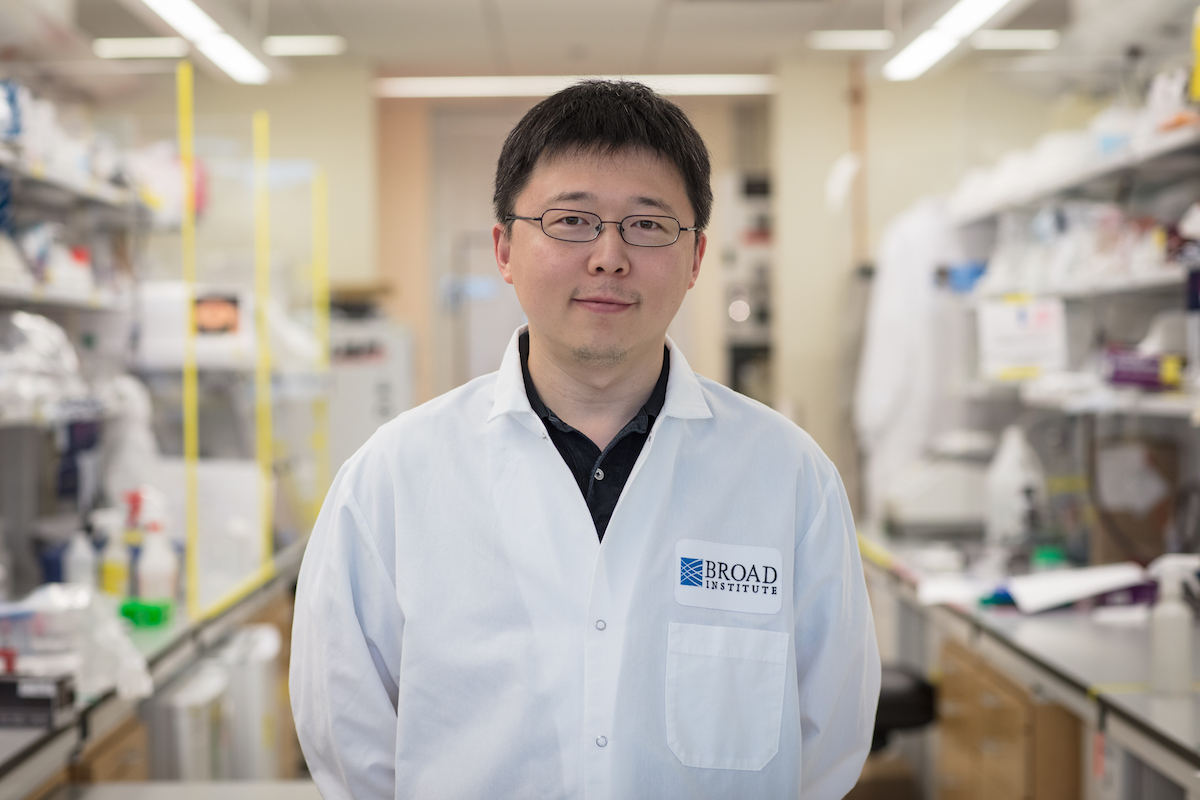By Jane Laudeman
The current best-selling book, The Code Breaker, chronicles the thrilling story of a group of groundbreaking scientists whose string of discoveries launched a scientific revolution that will make possible medical miracles including the ability to fight off viruses, cure diseases and have healthier babies. We are grateful for one of those miracles as we receive our COVID-19 vaccine shots and see hope for an end to the pandemic. It is not surprising that the importance of gifted and talented education is noted in the book.
Feng Shang, who immigrated from China to America with his mother at the age of 10, began his path to biology in the 1990s with his Des Moines, Iowa middle school’s Gifted and Talented Program. He recalls that initially through his regular school science classes he thought biology was uninteresting. He found activities such as dissecting a frog on a tray to identify its heart unchallenging and the curriculum was focused on memorization. In contrast, his gifted and talented program featured a regular Saturday enrichment class in molecular biology that focused on DNA and how RNA carried out its instructions with an emphasis on the important role of enzymes in the process. He was able to do many hands-on experiments including one that transformed bacteria to make them resistant to antibiotics. This class inspired his eagerness to learn and discover in the field of biology. For high schoolers, Des Moines had a gifted and talented program called STING (Science/Technology Investigations: The Next Generation), which allowed talented students to work at local hospitals and research institutions. Zhang’s Saturday teacher helped him get selected to work at the gene therapy lab of Methodist Hospital. He had the opportunity to work with a molecular biologist who assigned Zhang progressively sophisticated experiments. One of these experiments deconstructed the HIV virus and examined how each of the components worked. Part of the goal of the Des Moines Gifted and Talented Program was to help students compete in the Intel Science Talent Search, a national competition. Zhang’s virus experiment won him third place and $50,000 which he used to help pay tuition for the next step of his education journey at Harvard University. Today, at only 39 years old, he is considered one of the most transformative biologists of his generation.
Feng Zhang is a prime example of the impact that gifted and talented programs can have on turning American students into world-class scientists. Gifted children need a much more challenging education than can be offered in the regular classroom. Gifted and talented programs such as those offered at the Institute for Educational Advancement, provide advanced enrichment classes and workshops that fill a critical gap in our public education curriculum. These challenging and creative programs focus on a wide variety of STEM and other topics taught by experts from such institutions and organizations as Caltech, NASA, Harvard University, Art Center College of Design and Walt Disney Animation. Our high potential youth are the scientists, innovators, engineers and leaders of our nation’s future and the educational opportunities they receive make a difference in their ability to reach for their full academic and personal potential. Gifted and talented education programs provide the support and inspiration our brightest students need to thrive and reach for the stars.

